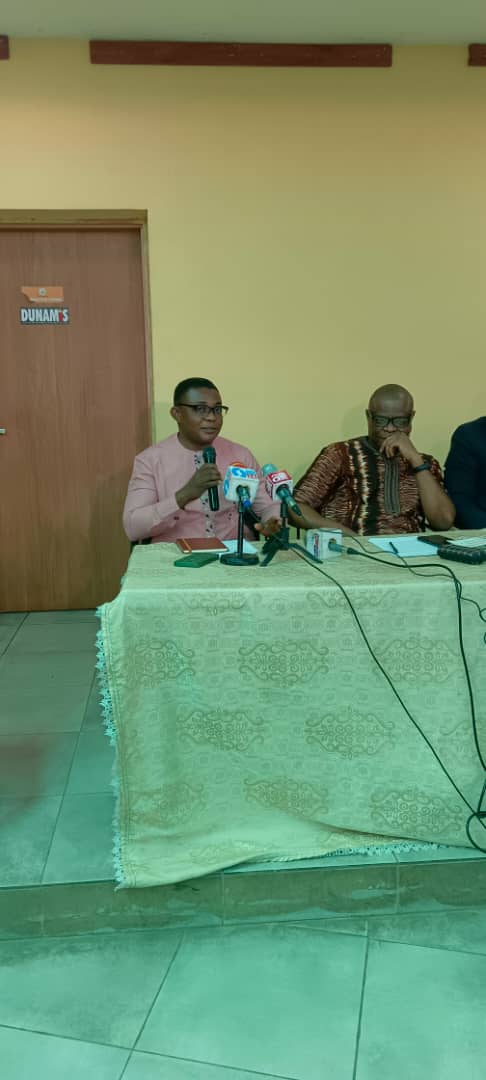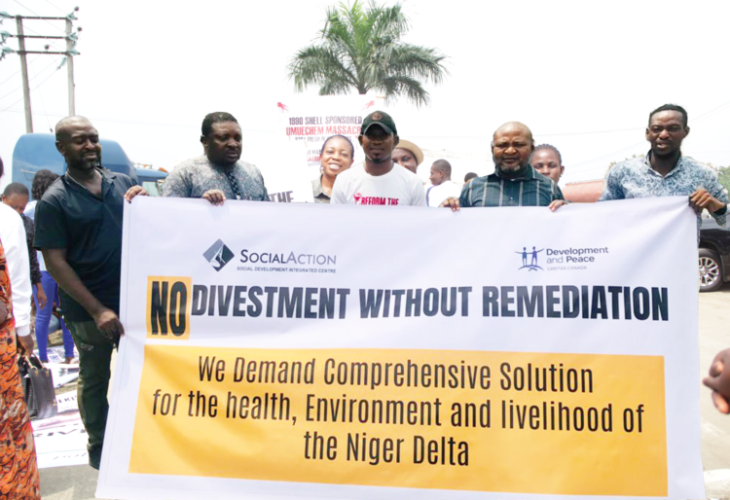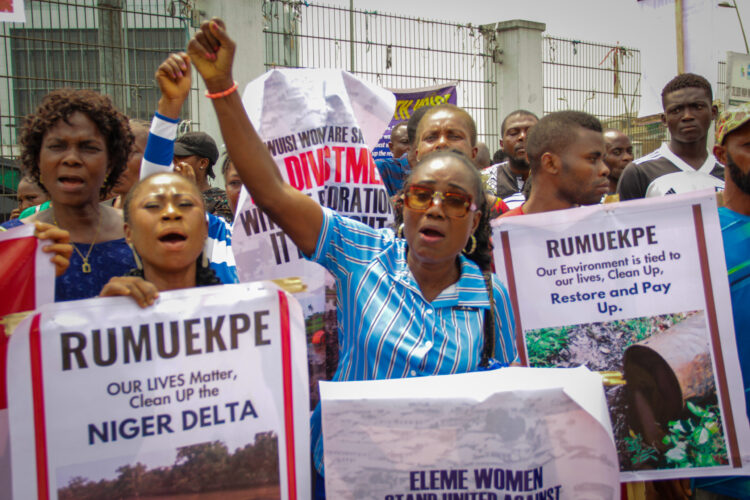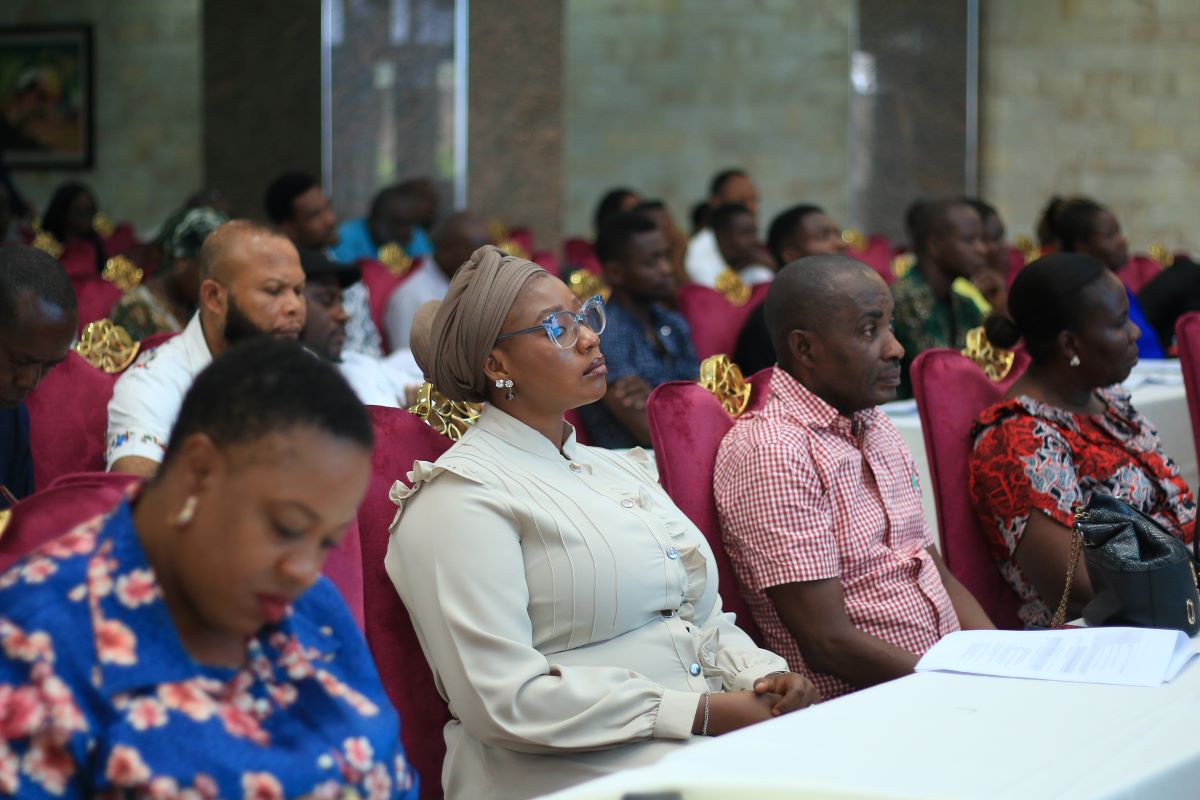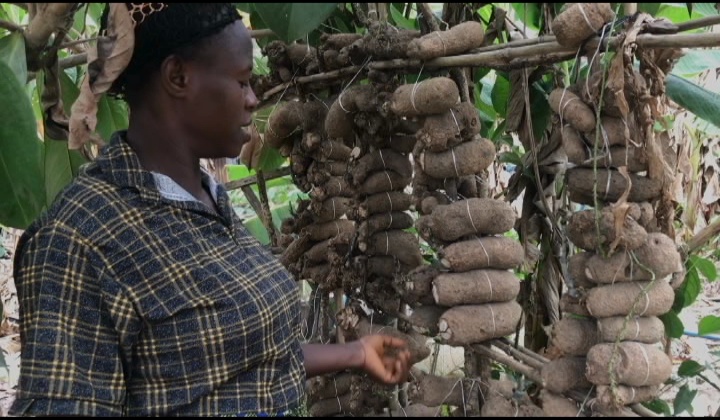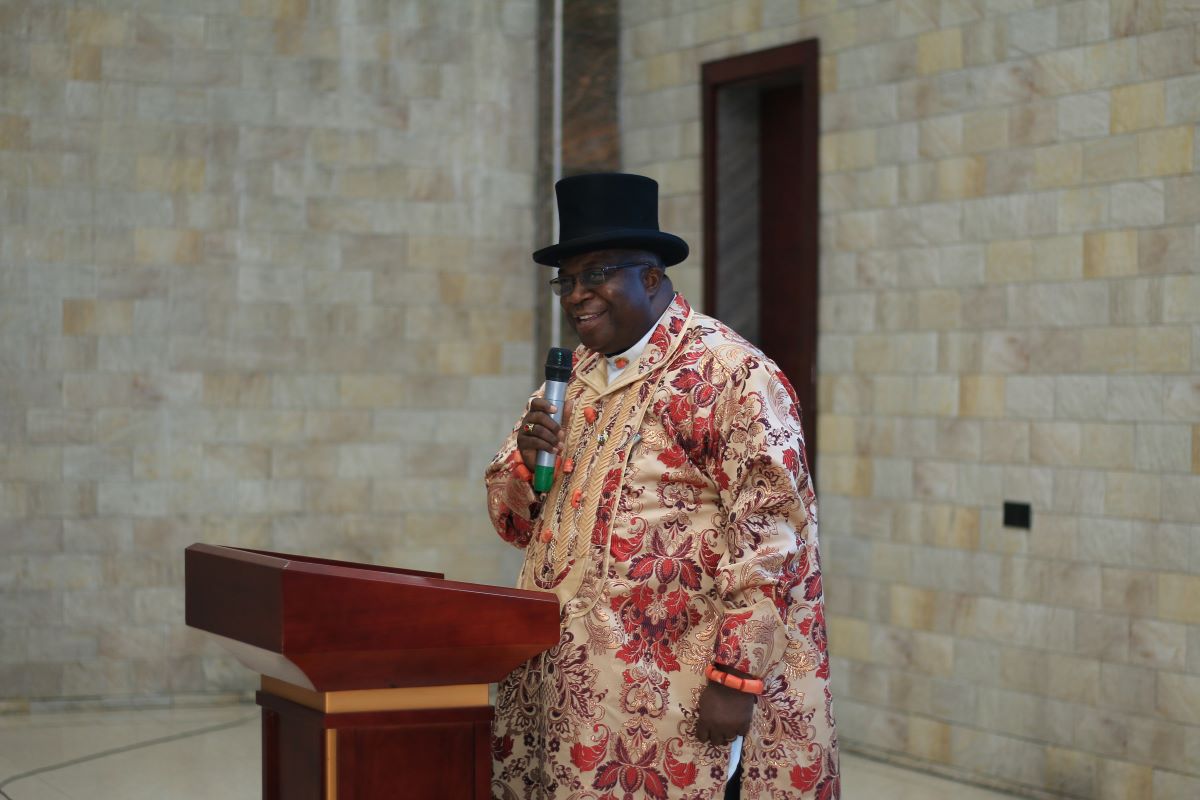Sustaining Accountability: Legislative Victory for Niger Delta’s Environmental Rights
In a landmark decision on May 22nd, 2024, the Nigerian House of Representatives took a decisive step to halt Shell’s hurried divestment plans, marking a significant victory for civil society organizations, local communities, and concerned citizens. This move came in response to widespread outcry against Shell’s proposed withdrawal from the Niger Delta region by divesting without addressing the profound environmental and socio-economic impacts of decades of oil exploration. In addition to this public backlash, there have been concerted efforts by civil society organizations and community groups advocating for environmental accountability from the International Oil Companies (IOCs). These efforts include a range of advocacy campaigns, sensitization programs, and public awareness initiatives aimed at ensuring these companies are held responsible for their actions.
For generations, the people of the Niger Delta, despite being the backbone of Nigeria’s oil economy, have endured severe poverty and neglect. The proceeds from crude oil sales, which once promised economic transformation, failed to uplift the region, leaving it underdeveloped and plagued by environmental degradation. Shell’s operations, characterized by oil pollution and contentious resource sharing, exacerbated these challenges, pushing local fishermen and farmers further into hardship.
The community’s grievances escalated into demands for environmental remediation and accountability, catalyzing legislative action such as the enactment of the Petroleum Industry Act (PIA). However, government responses, like the establishment of the Niger Delta Development Commission (NDDC), became a haven of corruption, exacerbating rather than alleviating poverty in the region.
Against this backdrop, civil society organizations and community groups tirelessly monitored environmental crises and advocated for justice. Community members in Rivers State, supported by Social Action took to the streets in peaceful protests, holding placards calling for justice and insisting that Shell should not exit, without fulfilling its responsibilities to the Niger Delta. Which was remediation and ensuring that they clean up the environment. to further amplify these efforts.
Social Action has sponsored radio programs Resource Accountability in Port Harcourt, Yenagoa, and Abuja to further amplify these efforts. These radio programs have provided a platform for discussion and dissemination of critical information regarding the environmental and socio-economic impacts of oil exploration. They have also served as a medium for engaging with a wider audience, ensuring that the voices of affected communities are heard, and their concerns addressed.
In addition, the Niger Delta Multi-Stakeholders Development and Accountability Summit was organized by Social Action in Port Harcourt. During this summit, civil society organizations (CSOs), experts, and community groups advocated for transparency and accountability in economic and social development, and pressed for the historical responsibility of IOCs in petroleum extraction in the Niger Delta. Social Action also spearheaded and supported several stakeholder discussions on both physical and virtual platforms to garner support and urge the federal government to halt the divestment process. This effort included a press conference at the National Assembly complex, where they demanded that the legislature respond to the calls of the affected communities for an environmental audit.
The synergy between grassroots activism and broader advocacy efforts has created a powerful movement for environmental justice in the Niger Delta. This movement continues to challenge Shell’s proposed divestment strategy, insisting that any exit plan must include comprehensive measures for environmental remediation and socio-economic restitution. By leveraging a combination of advocacy, sensitization, and public awareness, civil society and community groups are working tirelessly to ensure that the environmental and human rights of Niger Delta communities are protected
The culmination of these efforts came with the intervention of the House of Representatives, directing regulatory bodies such as NUPRC to withhold consent for Shell’s divestment until compliance with existing laws and decommissioning guidelines is assured. This decision not only affirms the power of community advocacy but also underscores the critical role of democratic institutions in safeguarding the interests of marginalized communities.
Looking ahead, the focus shifts to ensuring transparency in the divestment process. Social Action and other stakeholders are committed to facilitating a dialogue between Shell, civil society organizations, NGOs, and community representatives. This dialogue aims to assess the implications of Shell’s departure, ensure that incoming local oil companies are equipped to operate responsibly, and guarantee a safe and sustainable future for the Niger Delta communities.
The journey towards environmental justice and equitable development in the Niger Delta is far from over. However, the House of Representatives’ decision stands as a testament to the resilience of community activism and the unwavering belief that corporate operations must align with the well-being of the people they impact. As we move forward, Social Action remains dedicated to monitoring progress, advocating for accountability, and striving for a future where the Niger Delta thrives, free from the burdens of past exploitation.
This victory belongs to every voice that spoke out, every placard raised, and every community that refused to be silenced. Together, we continue to write the next chapter in the fight for justice in Nigeria’s oil-rich but historically marginalized region


